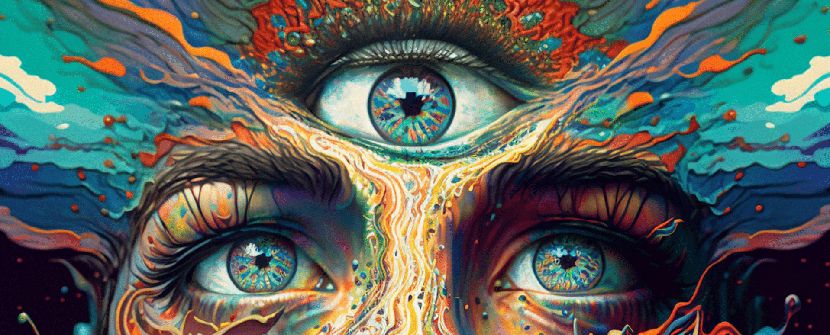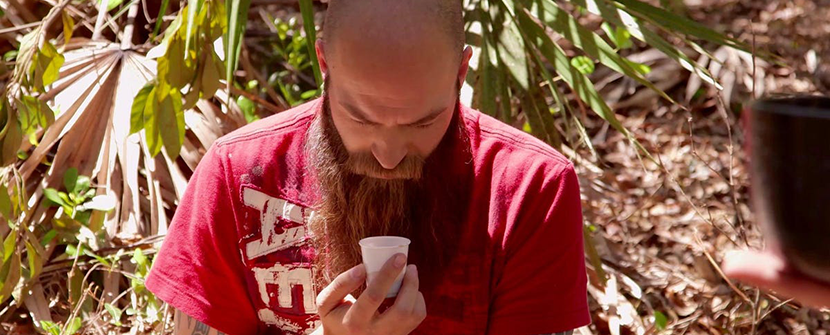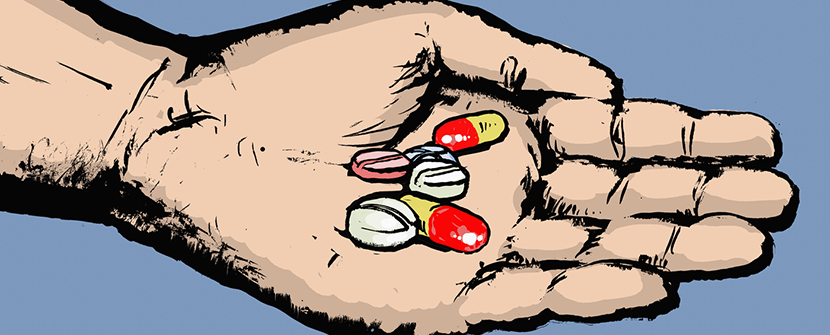Post-traumatic stress disorder (PTSD) is a mental health condition that can occur in individuals who have experienced or witnessed a traumatic event. Symptoms can include flashbacks, nightmares, anxiety, and avoidance of triggers. While there are several treatments available for PTSD, including therapy and medication, recent research has shown that psychedelics may also offer a promising approach. Let's explore how psychedelics can improve and even erase the symptoms of PTSD.
What are psychedelics?
Psychedelics are a class of substances that can alter perception, mood, and cognition. Examples of psychedelics include psilocybin (found in "magic mushrooms"), LSD, and MDMA (also known as "ecstasy" or "molly"). While these substances have a reputation for being used recreationally, there is growing interest in their therapeutic potential for mental health conditions, including PTSD.
How can psychedelics help with PTSD?
There are several ways in which psychedelics may be able to help individuals with PTSD. First, these substances have been shown to increase feelings of empathy, connectedness, and spirituality, which can help people feel more open and receptive to change. Second, they may help individuals gain new perspectives on their trauma and the underlying issues that contribute to their PTSD symptoms. Third, they can help break down rigid patterns of thinking and behavior, allowing individuals to approach their trauma in a more flexible and adaptive way.
Psilocybin for PTSD in veterans
In February 2021, a study published in the journal Psychopharmacology investigated the use of psilocybin-assisted therapy for PTSD in veterans. The study involved 10 participants who received two doses of psilocybin, along with therapy sessions before and after each dose. After the treatment, the participants showed significant reductions in PTSD symptoms, as well as improvements in depression and anxiety symptoms. The researchers noted that the treatment was well-tolerated by the participants and had no serious adverse effects.
MDMA for PTSD in first responders
A randomized, double-blind, placebo-controlled trial published in the New England Journal of Medicine in May 2021 investigated the use of MDMA-assisted therapy for PTSD in first responders. The study involved 90 participants who received either MDMA or a placebo, along with therapy sessions. After the treatment, the MDMA group showed significantly greater reductions in PTSD symptoms compared to the placebo group. The researchers also noted that the treatment was well-tolerated by the participants and had no serious adverse effects.
Ayahuasca for PTSD in sexual assault survivors
A study published in the Journal of Psychopharmacology in July 2021 investigated the use of ayahuasca-assisted therapy for PTSD in survivors of sexual assault. The study involved 15 participants who received two doses of ayahuasca, along with therapy sessions before and after each dose. After the treatment, the participants showed significant reductions in PTSD symptoms, as well as improvements in depression and anxiety symptoms. The researchers also noted that the treatment was well-tolerated by the participants and had no serious adverse effects.
These examples provide promising evidence for the potential of psychedelics in treating PTSD. While more research is needed to fully understand their safety and effectiveness, the early results suggest that these substances may be able to offer new and innovative approaches to helping people overcome the debilitating effects of trauma. As always, it's important to remember that these treatments should only be administered by trained professionals in a safe and supportive environment.








